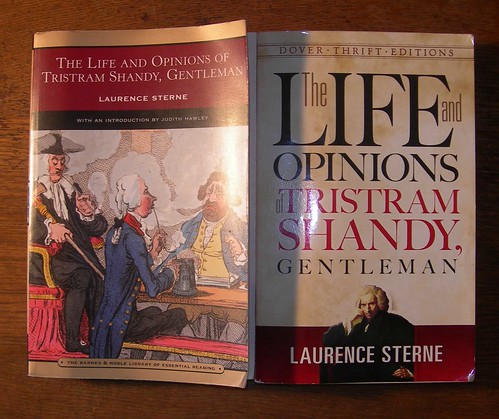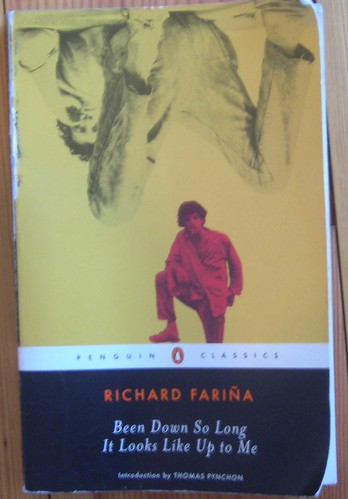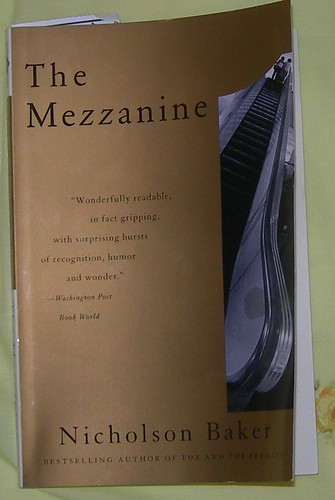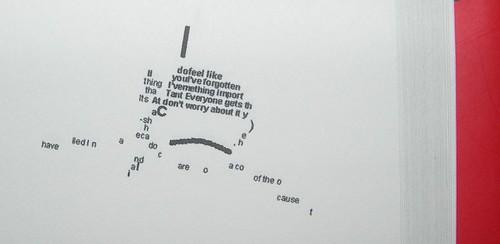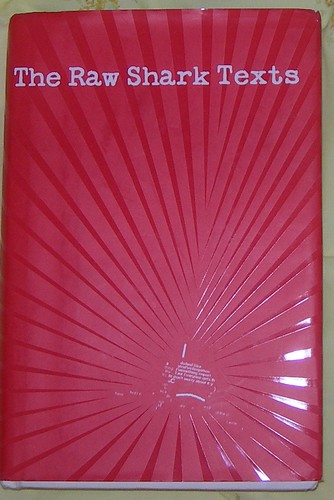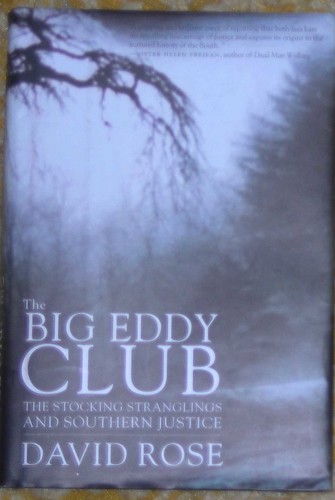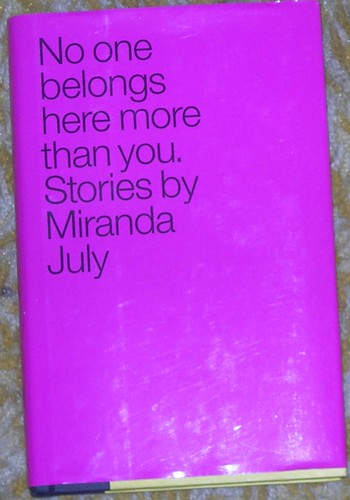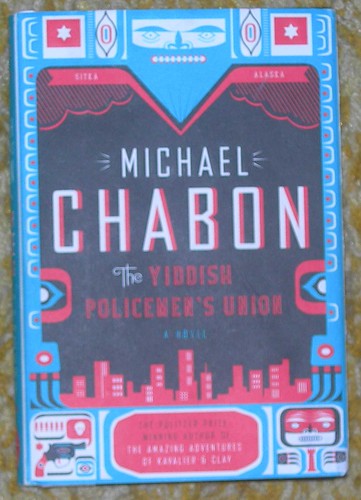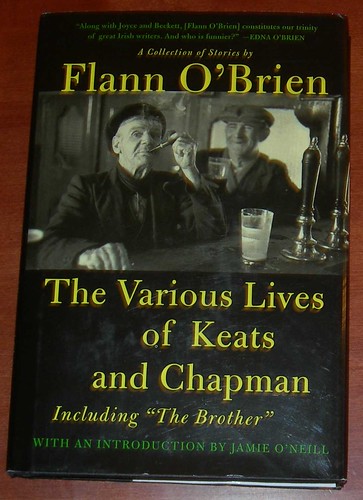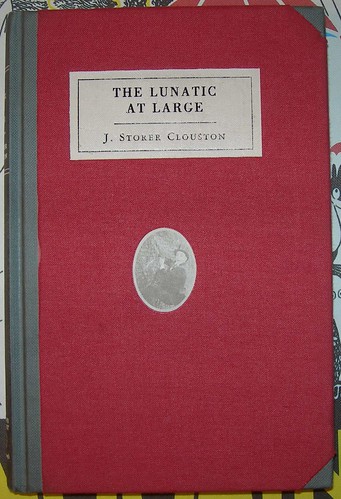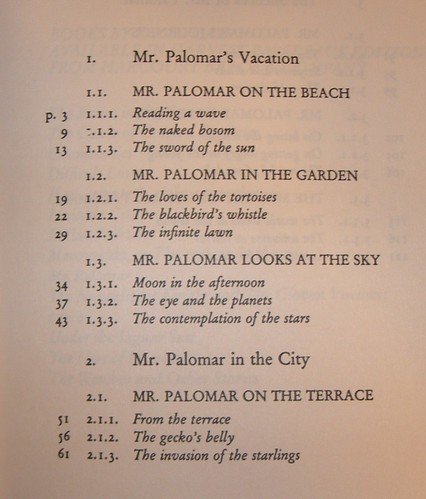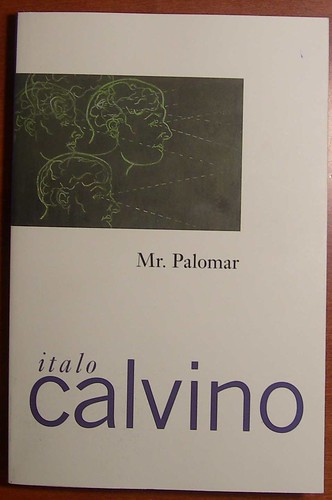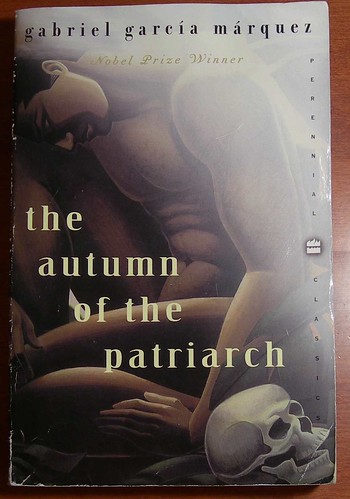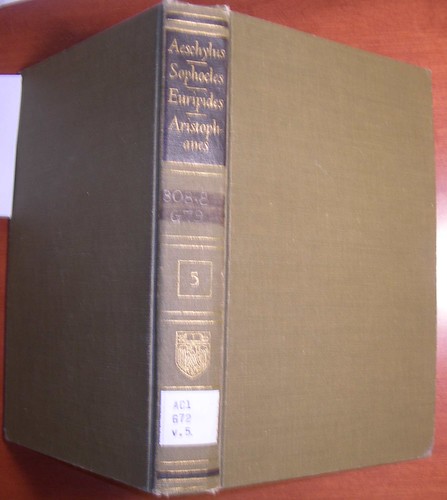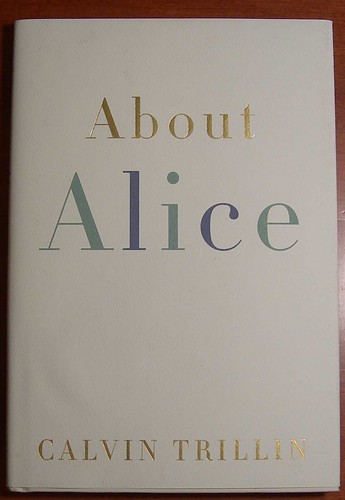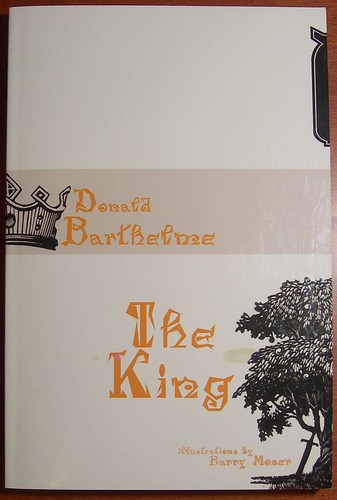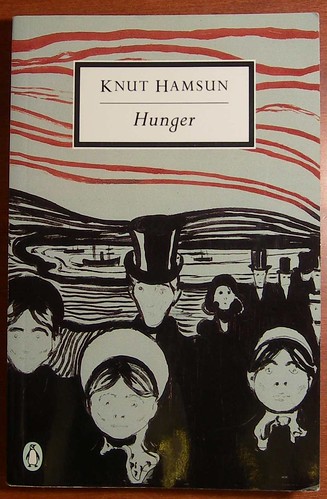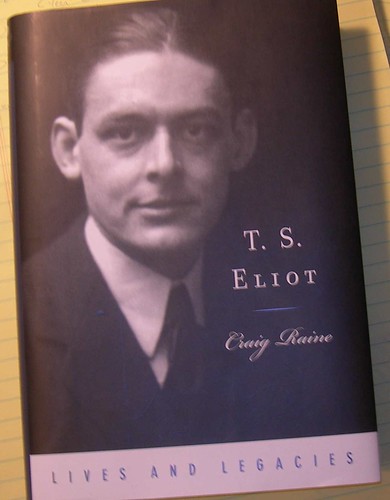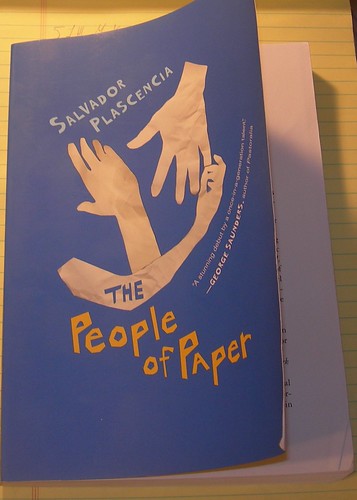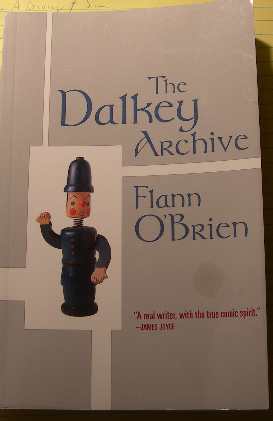307pp
Read 11/22 - 11/24
If you haven't figured out that the guy blogging about his favorite books is an elitist douche, consider this: over the Thanksgiving break, while so much of America (including my own family) spends a couple days straight eating leftovers and watching nonstop football, I had pretty much the equivalent binge with this collection of contemporary essays.
Which actually made for a nice holiday. I doubt I'd've enjoyed reading a novel of comparable length over the same time; at some point boredom, familiarity, and L-tryptophan would have gotten the better of me. I don't often read any kind of anthology, but I really enjoyed this little prose Whitman's Sampler.
Not to say that it was uniformly great. I'll freely admit to skimming the latter half of one of the Iraq pieces, and the insufferable exploration of teen sex appeal. As if that's even a topic. If anything, I'd maybe sacrifice some of the collection's dazzling diversity (while acknowledging that a diverse offering is a strength in this kind of collection) in favor of a greater emphasis on "craft."
Maybe this opinion is a vestige of AP English, or the "Art of Prose" course I once took, but, aside from poetry, nowhere is the painstaking effort and deliberation of the writer made more apparent than in a well-written essay. Here, the piece about Cesar, "the dog whisperer," serves as a good example. In 15 pages, Malcom Gladwell's keen eye reduces Cesar's "presence" to its constituent gestures, he renders them in lucid prose, and then extrapolates a couple of lessons in nonverbal communication and animal psychology. In the hands of the essayist, the stuff of everyday life is plainly, nakedly exposed in such a way that we see what we'd never noticed, and the universe is revealed in the quotidian. (In one of the above-mentioned courses, I remember reading Annie Dillard's piece about coming across a frog beset by a giant water bug, watching it ruck, rumple and fall. And somewhere between that description, those lilting verbs, and the exercise of labeling paragraphs descriptive, informative, or speculative, I had a blinding revelation.)
But affecting as it is, I sadly don't often read that kind of writing today. I've never really considered why, but I'm inclined to blame my cynicism. So I'd secretly hoped that this book would provide an occasion for that sort of reading. And it sometimes was. Everything I read was good, but only a couple of writers really put me in awe of their talent. And I'm convinced there could've been more of that kind of writing. In his introduction, DFW says something about how our nation's complicity in the reelection of GWB means that he left out "descriptive pieces on ferns" in favor of screeds about how America flaunts the rules of war. Which--speaking as someone who lets liberal guilt dictate a shameful number of daily decisions--I could give a shit about political whinging when considering good writing.

I've pretty much never seen David Foster Wallace's name on something and not bought it. Not that his introduction here is spectacular: the obligatory footnotes, a stale stab at political humor (an extended "decider" joke? really?), and some unimaginative wordplay (one can almost picture the scene, a high schooler in French II: "So 'essay' means 'to try?' I'm totally gonna use that in my next English composition!").




